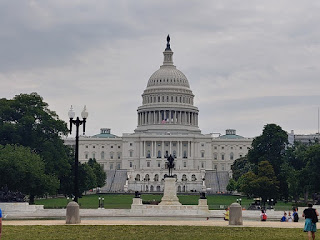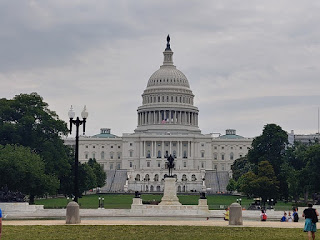Over the years, several bills have been passed and signed into law to address the opioid crisis in America. The Comprehensive Addiction and Recovery Act (CARA) and the 21st Century Cures Act both aim to provide relief for millions of Americans caught in the vicious cycle of addiction.
While both pieces have done some good, many critics say that they fall short in several ways, particularly regarding funding. Both bills include mandates to increase access to addiction treatment; still, most men and women struggle to acquire the care they desperately require.
Public health experts and organizations agree overwhelmingly that the best weapon in the fight against substance use disorder is treatment. However, too many find it challenging to access evidence-based therapies; this is especially true in rural America.
Treatment works, and recovery is possible, provided people can access care, but many obstacles are standing in the way of recovery services.
New bipartisan legislation was introduced in July, which could increase access to addiction recovery services.
Opioid Workforce Act of 2019
The impetus for what is called the Opioid Workforce Act of 2019 (S.2892) is the severely small percentage of Americans receiving addiction treatment, Forbes reports. The authors of the bill – Senators Maggie Hassan (D-NH) and Susan Collins (R-ME) – cite troubling data provided by the Substance Abuse and Mental Health Services Administration (SAMHSA) in explaining the need for the legislation.
The organization reports that approximately 21 million people required rehabilitation services for a substance use disorder in 2018. However, only 11 percent were able to receive treatment in the same year. The lawmakers sought to determine why so few were getting the help they needed, according to the article.
What the lawmakers found was a severe lack of physicians trained in:
- Addiction Medicine
- Addiction Psychiatry
- Pain Medicine
“It is troubling that in the midst of the opioid epidemic and growing demand for treatment services, our country is facing a shortage of physicians trained in addiction medicine, addiction psychiatry, or pain management. In Maine, there is only one addiction medicine program,” said Senator Collins. “Our bipartisan bill would help increase the number of these providers by expanding and creating new residency programs in Maine and across the country, helping the millions of Americans who are struggling with substance use disorders achieve recovery and healing.”
The Opioid Workforce Act has the support of 80 organizations, as of December 2019, the article reports. Such entities include but are not limited to: the American Academy of Addiction Psychiatry, American Academy of Pain Medicine, American Academy of Physical Medicine and Rehabilitation, and American Society of Addiction Medicine. The legislation, if passed, would:
Provide Medicare support for an additional 1,000 graduate medical education positions over the next five years in hospitals that have, or are in the process of establishing, accredited residency programs in addiction medicine, addiction psychiatry, or pain management.
We will continue to follow this critical piece of legislation as it works its way through Congress.
California Opioid Use Disorder Treatment
At Hope By The Sea, we offer several programs for men and women struggling with addiction and co-occurring mental health disorders. Each year, we help many individuals break the cycle of opioid use disorder and get them on the path to lasting recovery. We provide a full continuum of care, from detox to aftercare.
Please contact us today to learn more about how we can assist you or a loved one. We are available 24 hours a day to answer any of your questions. Hope Starts Here!


